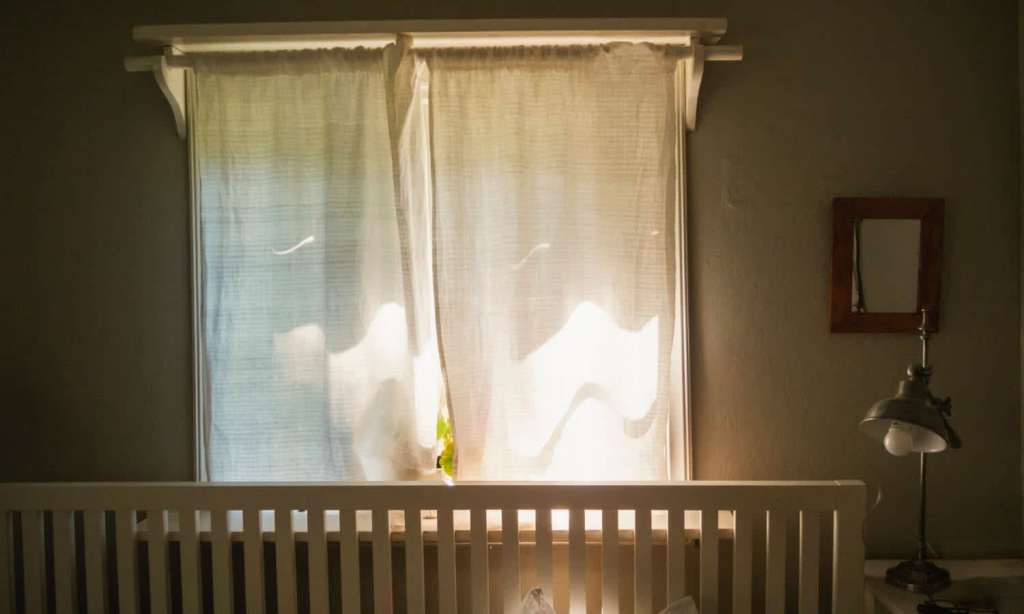Between working from home and the looming winter season, you might not be enjoying much sunlight at the moment.
While the lack of vitamin D is a concern, the surprising effect of low sunlight exposure is actually on your sleep. If you’re struggling with your sleep, anxiety and uncertainty could definitely be playing a part, as could the lack of morning sunlight.
According to the National Sleep Foundation, “light is a powerful guide for your body. In part through the connections between the eyes and the brain’s biological timekeeper, light rays influence chemistry and behaviour and keep us in sync with the ebb and flow of the day.”
“Exposing your body to the sun will not only help alert the brain and set you in motion, it will also help you sleep later on.”
A study out of the United States asked 109 office workers to wear light-measuring devices for one week in summer to measure how their exposure to sunlight, as reported by Reuters Health. 81 of these participants were also asked to repeat this again in winter.
Over the week, participants completed surveys about their sleep quality and recorded their sleep and wake times. Researchers found that those who were exposed to more sunlight in the hours between 8am and midday found it easier to fall asleep and had fewer disturbances during the night compared to those with less morning light exposure.
Participants who were exposed to higher levels of light across the entire day also reported less sleep disturbances and lower levels of depression.
As we head into winter, getting out and about in the morning light is even more important, as it could be the only light you see all day as the sun sets so early.
“There are many easy things we can do during the day to increase our exposure to sunlight that could have beneficial effects on mood and sleep for many people,” Ilia Karatsoreos, an associate professor of integrative physiology and neuroscience at Washington State University in Pullman, told Reuters Health.
“A robust light and dark pattern (high circadian effective light during the day and low in the evening) is important for our health and wellbeing. Look out a window, seek light during the day, especially during the morning, go out during lunchtime.”
Head out for a walk first thing in the morning or schedule in a lunchtime stroll to soak up a few rays before heading back to the home office.
Read more stories from TheLatch— and follow us on Facebook.

